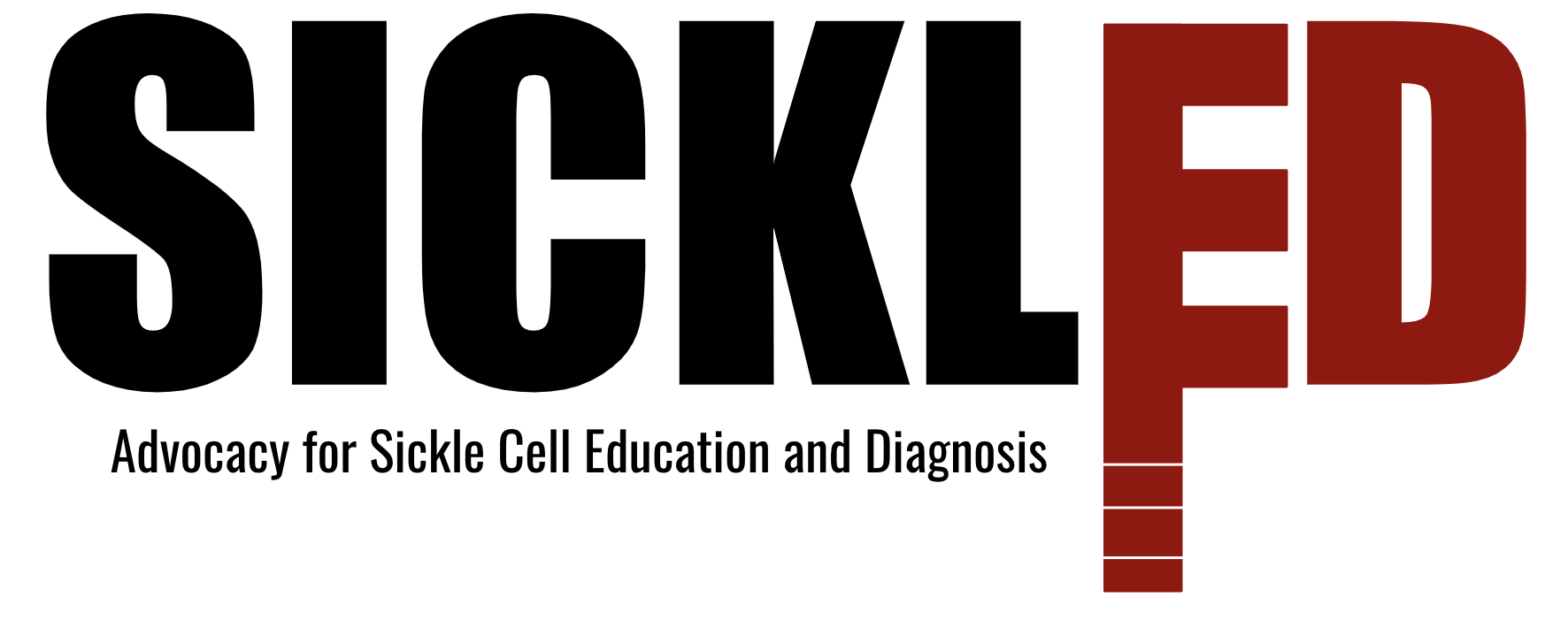
We had originally planned to meet with our contact from EKB, a local university. According to SHAFS, she was the medical advisor fortheir advocacy efforts and maintained certain connections to the Ministry of Health. However, with it nearing the end of the school year here in Sierra Leone, she was very busy grading and working on finals. She had offered to meet with us around 1:00. In the mean time, we worked towards organizing and refining various strategies to make the most of our time out in the field. In the end, we had a five point plan to attack fieldwork that goes as follows:
1. Implement a sickle cell screening tool in a POC context in Sierra Leone
2. Advocacy Efforts to Create a Network of Counseling Services and Increase General Understanding of Sickle Cell Disease in Sierra Leone
3. Capacity-Building for Doctors and Nurses at Hospitals and PHUs through Standardized Continuing Medical Education (CME) Coursework
4. Standardizing Sierra Leonean Care of SCD
5. Socializing SCD in Sierra Leone
With our plan before us, we wanted to get some feedback from Professor Mehta to avoid making any rash decision. By this time, we were waiting on either a response from our university contact, confirming they were prepared to meet, or Professor Mehta to walk through the door. Thankfully, we did not need to wait long. Professor Mehta reviewed our plan and recommended we develop our strategies further to gain a greater picture of what we needed to complete. For the rest of the afternoon, with each of our members taking direct charge on one strategical thread, we fleshed out a strong plan, outlining key components required to accomplish each for the desired impact. After realizing we could move some chairs out onto the balcony of World Hope, the work was made much more enjoyable.

This evening, we had the largest sparring session yet. After filling up on a delightful Khanjan-made dinner, SicklED sat down with Eric and Khanjan to fully review our plans. Our team had spent hours developing these threads which we had prepared to face the hard truth. To our delight, the majority of feedback was positive, constructive, and geared towards continuing to dig deeper into our plans. By this point, SicklED had completely pivoted its plan for fieldwork. Instead of conducting extensive research like we had in the past, the team took a much more systematic and planning approach. In order to get our device out onto the market, SicklED needed to start changing the current systems to increase device receptiveness. This was the start of creating long-lasting impact in other ways than just our device. We finally realized that just because our device was not ready, did not mean we could not create impact.
The next day, the team split up. From Makambo, Jake went to World Hope, Nancy, Addy, and Nicole went to EBK to meet with our contact, and Owen and Amelie went with AISHA to a community outreach. Jake began sorting through a dense pile of the Sierra Leonean Pharmacy Board’s requirements for our device to be registered as well as several other regulatory documents. Meanwhile, the team at EBK finally met with the contact given by SHAFS, and another professor under her supervision, who showed the current national curriculum for nursing students and gave important insights on how they currently manage SCD education at their school. Finally, they also conveyed a clear route to have our SOP accredited by the Sierra Leonean Ministry of Health. Amelie and Owen had traveled out to a small village to witness a community outreach session by one of the nearby PHUs. They arrived to a massive crowd of people in the town hall and watched as the nurses taught maternal health lessons, weighed newborns, and distributed vaccines. The community engagement was unmatched and viewing the cultural differences only helped the new members develop the greater picture of how their device would fit in.
In the afternoon, the team went out to visit a fabric seller and tailor. We were dropped off in the center of Makeni’s market and then led through the streets and down an alley which opened to a clearing of shops and activity. We hand selected fabrics and left to go to the tailor to get our measurements taken. As our team was being measured, a downpour ensued and we took cover with some local children who invited to stand underneath their porch. The children were so kind to allow us to take shelter with them, and they told us funny jokes as we waited for the vehicle to arrive.

